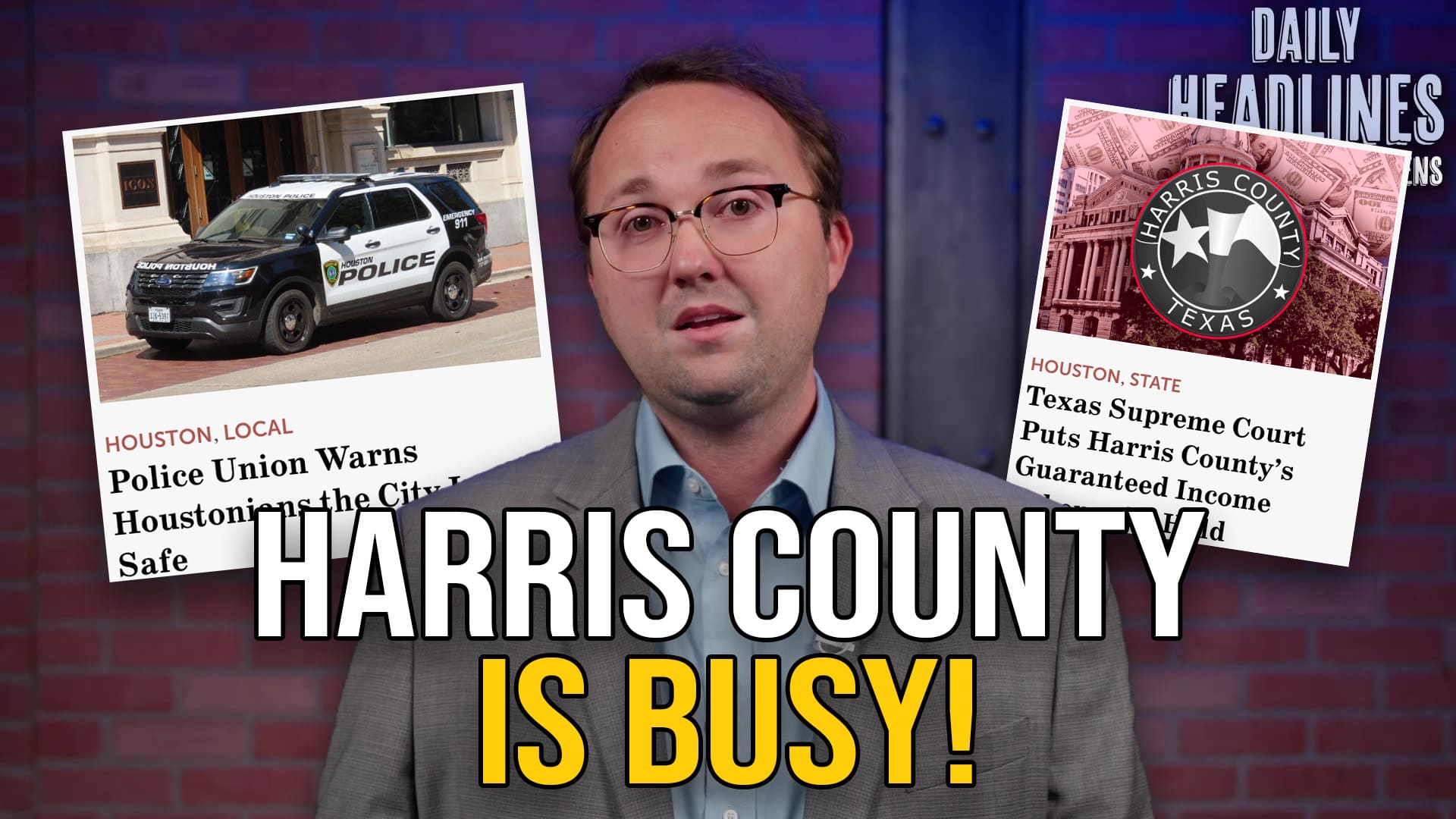Earlier this year Gov. Rick Perry, along with Lt. Gov. David Dewhurst and Speaker Joe Straus, called on state agencies to begin reducing their spending and limit their budget requests in anticipation of a tighter budget. According to a new poll, nearly 7 of 10 Texans agree with that decision.
The Texas Tribune reported today what most conservatives have known for quite some time: if “Given a choice between spending cuts and revenue increases to balance the state budget, Texans lean solidly toward cuts.”
Despite rhetoric from liberal political quarters, notably Democratic gubernatorial nominee Bill White, the state of Texas is facing a projected budget shortfall – not a deficit. Unlike Washington, Texas is constitutionally prohibited from spending more than they receive.
A good way to think about the difference between a shortfall and a deficit is to consider how you might set up your dining out and entertainment budget.
If you set aside $300 per month, but only have $200 available. First choice: you may have wanted to spend $300, but you prioritize your decisions to keep your budget within your available means. The choice is to spend more and either create debt or find new revenues.
This is no different for the state’s budget. The difference is that they will eat out, and send you the bill in the form of higher taxes.
Next year, the legislature again will again pass a balanced budget. If less tax dollars are projected, then they will have to set priorities to ensure spending levels and programmatic objectives are appropriate for the economic climate.
Voters have stark choices in the upcoming election. Some candidates have signed the Taxpayer Protection Pledge, which means they “will oppose and vote against any and all efforts to increase taxes.” For some reason, others have chosen not to.
Probably because they are prepared to spend and tax away.



